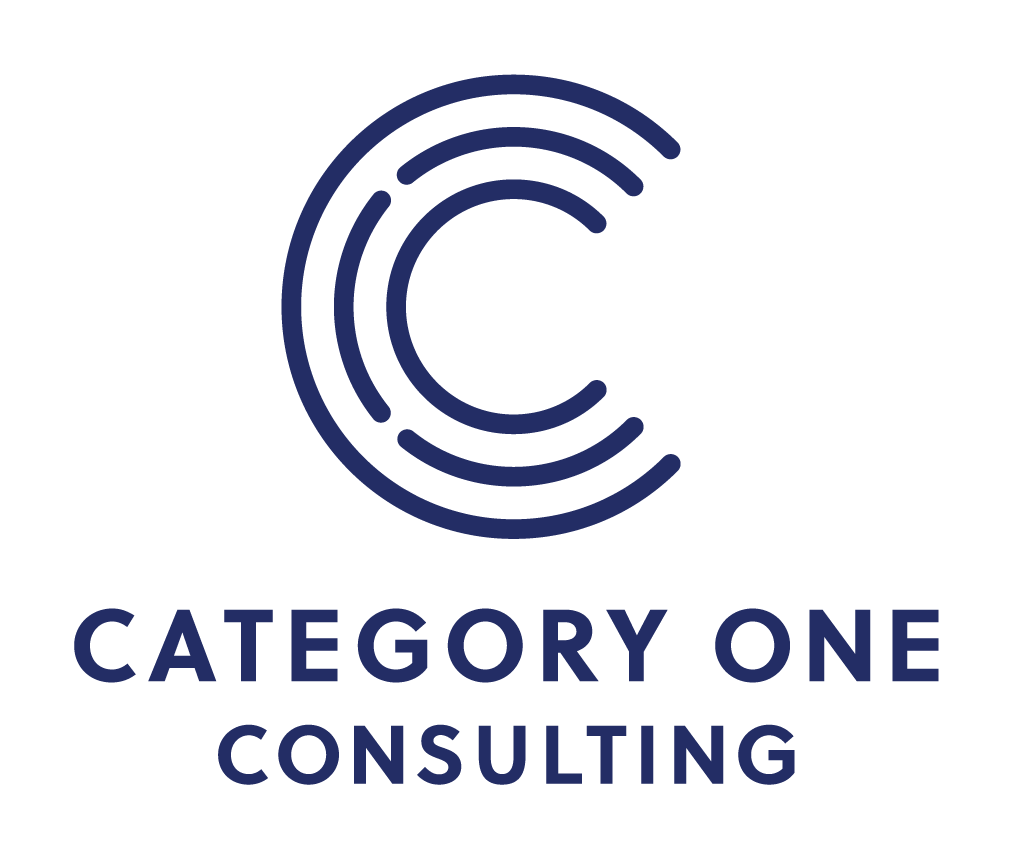Simple Strategies for Mitigating Conflict in Teams
It is becoming increasingly common for employees to work in teams in order to effectively complete important projects. These teams often spend extended periods of time working together on complex tasks, making at least some conflict an inevitability. Conflict itself is not inherently bad and can provide opportunities for individuals to gain clarity and a deeper understanding of tasks and project goals; however, if left unchecked, conflict can have disastrous consequences such as destroying team trust and morale, polarizing team members, and ultimately ruining overall team effectiveness. Given the unavoidable nature of conflict and its potential detrimental effects, it is important to have some strategies in place to work through it. Below are some strategies that can be used at any point in a team project to work through conflict efficiently.
Given the unavoidable nature of conflict and its potentially detrimental effects, it is important to have some strategies in place to work through it.
Plan ahead. At the start of any project, your team should think through upcoming tasks and goals in order to anticipate potential points that may lead to conflict. If a potential conflict point is identified, plans should be put in place to reduce that potential conflict. For example, if an upcoming task has the potential to create confusion amongst team members and eventually lead to conflict, you may want to schedule a meeting with the team to talk through the task and answer any questions that arise. Finally, don’t hesitate to speak up when you see conflict emerging. Bringing issues into the light will provide opportunities for communication and clarity and can prevent the conflict from escalating further.
Remain objective. When conflict does emerge, remember to separate the people from the problem. Questioning the abilities, character, or intentions of an individual will decrease team morale and create interpersonal issues within the team that can be arduous to overcome. Instead, focus on the shared interests of the team, such as the desire to successfully complete the task at hand in a timely manner. Then, work to develop multiple options for solving the problem. Oftentimes there isn’t one right way to solve a problem and developing multiple options will allow for the team members to speak up, feel valued, and be heard. Once options have been developed, be sure to evaluate each one objectively. You may want to consider bringing in an outside opinion to help select the best option. This will prevent potential biases from playing a factor in which option is selected and ensure no team member feels slighted.
Engage in discussion. Once tasks have been completed, be sure to set time aside to debrief with your team to determine how the conflict emerged in the first place. Once the cause of the conflict has been identified, spend some time discussing how similar conflicts can be prevented in the future. Determine what actions can be taken in order to prevent the same conflict from arising in the future. This may mean identifying an upcoming complex task and scheduling a team meeting to talk through it preemptively. Open discussion about past conflicts will allow your team to become more agile and efficient when dealing with conflicts in the future.
I hope you find these strategies useful as you navigate future conflicts within teams in your organization. If you would like additional support on how to manage conflict in teams, feel free to reach out!

